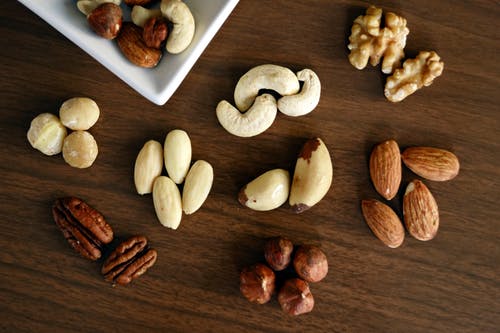Who Are You: Does Personality Change as We Age?

Are you the same “you” that you were twenty years ago? Thirty? Forty? What about fifty years ago? While science still struggles to quantify, measure, and categorize personality, some have a different question: how stable is personality in the first place? Do the high school version of yourself and the retiree version of yourself still have some common immutable core? It depends how you look at it , says a paper by lead author Rodica Damian of University of Houston and her co-authors Marion Spengler of the University of Tuebingen in Germany, Brent W. Roberts of the University of Illinois at Urbana-Champaign, and UH grad student Andreea Sutu. The paper in question goes by the catchy title “Sixteen going on sixty-six: A longitudinal study of personality stability and change across 50 years.” Damian and her colleagues compared the results for 1,795 U.S. adults who had taken a personality test as teenagers and then again, five decades years later. The team found that yes, there is a...






